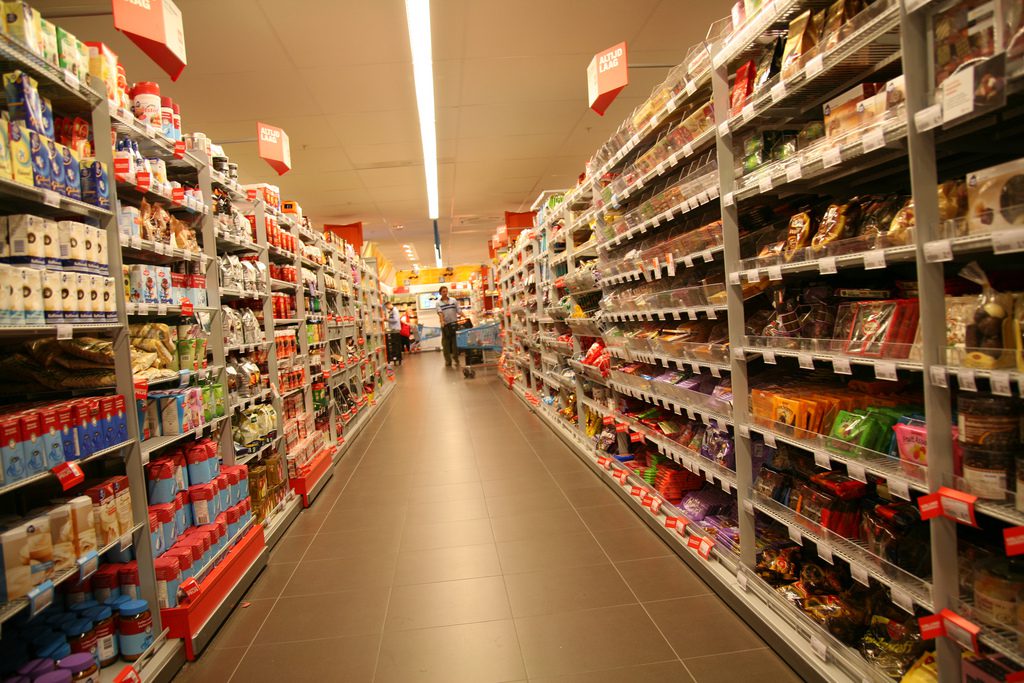I have written previously about the disconnect between the ever increasing regulatory costs that the EU Green Deal will impose on Irish agricultural production, and the realities of dominant food retail buying power, driving lower food pricing.
Higher regulatory costs of food production and marketing are directly mandated by EU regulation, while better farm incomes or price rewards for higher/sustainable standards fall into the aspirational school of hopefulness, which suggests that the ‘market should incentivise’.
I would be fearful that this disconnect will continue unless specific regulatory changes are introduced which prevent food being sold below cost, or which prevent particular fresh food categories from being consistently used as loss leaders and thus chronic low margin products.
Food pricing
In essence the three card trick here, in place over the last 30 years, has been to legislate for and promise consumers and voters low food prices.
This is while suggesting, over time, that safer food or sustainably produced food should/could/might mean better incomes for producers and processors.
This disconnect continues in the latest political response to the gap between food prices and farm incomes. Farmers and farming bodies are being offered ‘red herrings’ in the shape of new pricing transparency legislation, requiring more sharing and publishing of price information by processors.
This will have no positive economic impact because it comes after the fact of below cost selling and loss leading.
Discussions on the gap between food prices and farm incomes have invariably been ended by a statement from an external guru or representative from the retail sector.
This type of statement usually states that retailers themselves make very little margin on this range of fresh food produce so… no change.

Context for pricing
The point missing from this conversation is the knowledge or insight that says:
- A supermarket/grocery shop uniquely constitutes not just a single item, but over 100;
- Consumers have been shown to be price sensitive on only up to 10 items which usually are made up of bread, milk, meat, fresh fruit and seasonal items;
- A retailer will sell and promote these Known Value Items (KVIs) at cost or even below cost to attract in shoppers;
- The retailer then makes its margin on the 90 or so additional items in the shopping basket that are not as price sensitive or well known;
- This price mixing or bundling allows the retailer to take very little margin on the KVIs, but results in value destruction and chronic low income for the KVI producer.
In essence, the cost of producing food has become totally detached from what the retailer pricing policy has become. There is nothing natural about this ‘arrangement’.
It does not represent free markets or modern economies. It is very clear abuse of a dominant position.
It is a demonstrably unfair trading practice (UTP) if ever there was one, but one not currently included in the proposed UTP legislation, or in any way discoverable in the new price transparency legislation.
It does not, and cannot, happen in modern economies in products such as drugs/medicines, cars (diesel and otherwise), smartphones, laptops or even electricity or gas.
Legislating for food pricing
Returning to the issue of legislating for a more balanced dynamic in food markets – imposed costs, and in particular costs representing ‘public good’ in terms of product safety or reduced environmental impact, should be recovered through market price.
Why not legislate for this in food as we do in countless other categories of consumer products?
The ‘sacred cow’ here over the last 30 years seems to be the disconnect between the Department of Agriculture, Food and the Marine (DAFM), which is responsible for agri-food output and farm incomes, and the Department of Enterprise, Trade and Employment (DETE), which is responsible for consumer prices.
Indeed it was the current Taoiseach, Micheál Martin, as Minster for Enterprise, back in 2006 who abolished the Groceries Order ban on below cost selling.

In early 2021, it was the Tánaiste, Leo Varadkar as Minister for Enterprise who announced that no ban on below cost selling would be introduced and that indeed the old Groceries Order did not have a ban on below cost selling of fresh food.
This does not mean that a new fair trade order could not include such a specific ban, especially as this is the case in France and other EU countries.
Very clearly, the commitment to everyday low prices is a political commitment which currently supersedes any commitment to ensure that sustainable food production regulation, environmental and otherwise, is reflected in market returns and fair prices.
Irish and EU politics underpinning consumer demand for more sustainable food production must reconnect with food pricing. If not, then more and more food categories will be produced outside of the EU.
